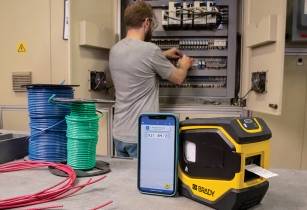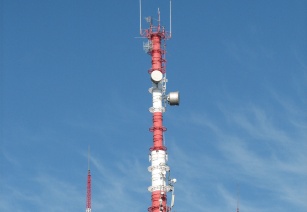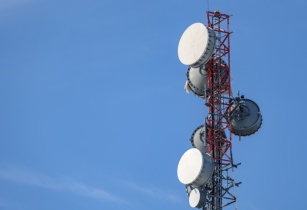The common belief that mobile phones make life more stressful is wrong, new research shows – in fact they may make us feel less rushed.
p>The common belief that mobile phones make life more stressful is wrong, new research shows – in fact they may make us feel less rushed.
Three academics studied the way that 1,083 people used their mobile phones and found that those using them most did not feel more pressed for time. In a paper in the journal Work, Employment and Society, published in December 2009 by the British Sociological Association and SAGE, the researchers say that mobile phone use gave people a greater flexibility about schedules.
Logging calls
The study was carried out by Professor Michael Bittman and Judith Brown of the University of New England, Australia, and Professor Judy Wajcman, of the London School of Economics, UK. They got 1,083 people living in Australia to complete a questionnaire and a log of their phone activity using the data on their SIM cards. In their paper the researchers found that those who used the phones most frequently during both work and leisure time were no more stressed than infrequent users. They found that only almost none of those studied used their mobile phones for work purposes during their leisure time.
This was despite the fact that, as the researchers say, “In principle, a person with a mobile phone is always available. Perpetual contact implies that there is in principle less ‘dead time’; which cannot be used for contacting people or being contacted by them. It is argued that mobiles extend work beyond the workplace, into the places and times normally reserved for families and leisure.”
However, their new research contradicts this.
“The discovery that those making heavy use of their mobile phones do not experience themselves as more ‘rushed or pressed for time’ is intriguing. While the elimination of ‘dead time’ might sound like an escalation of the pace of events, making calls during these times might also relieve stress.”
Mobile phones could allow us to organise our days better by allowing us to rearrange meetings at short notice, so giving us more time, the researchers say.
“Phoning ahead relaxes the formerly inflexible scheduling of pre-arranged rendezvous. It seems plausible that this new flexibility of arrangements could contribute to a sense of being less rushed or pressed for time. The extra flexibility afforded by mobile communications may be more than sufficient to offset any sense of being harried arising from the increased possibility of being contacted.”
The researchers also found that only 21 per cent of calls on the mobiles studied related to work and that 40 per cent were to contact family and 21 per cent for friends. The work-related calls were almost always made during working hours, 8am to 5pm – only three per cent of work-related calls were made after 7pm.
“This low rate of work-related use out of standard hours suggests that something other than the mobile phone is extending work hours. An analysis of diary data also offers little support for the proposition that mobile telephones are a work-extending device.”



































